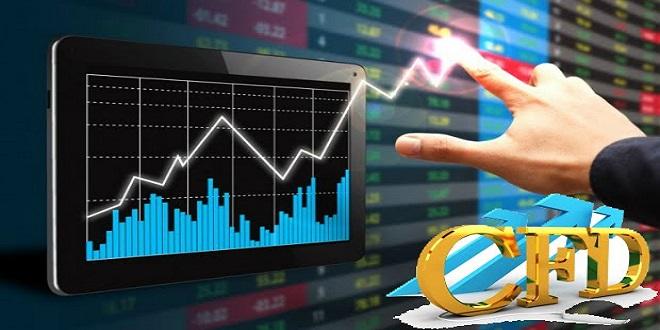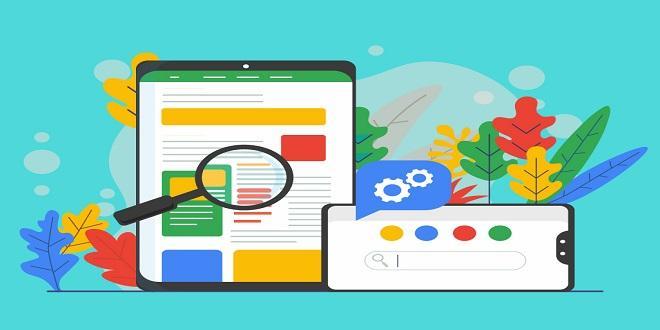The characteristics of the best CFD trading platforms

Although you’ve probably been aware of the possibility of trading stock, other instruments can be traded like CFDs or “Contracts for Difference.” CFD trading involves purchasing and selling “Contracts for Difference.” CFD brokers could act as an intermediary between buyers and sellers, providing the two parties a platform to exchange. CFD brokers may also take a more hands-on approach to making an actual CFD market. Let’s learn more about the best CFD trading platforms.
What are CFDs?
Before we can get into the details of CFD brokers and the ways they can assist you, it’s essential to understand the meaning of CFDs. The term “CFD” is “Contract for Difference.”
CFDs are derivatives, and therefore, they require speculation. You make bets on various financial products like commodities, forex indexes, shares, and indices; however, you do not take ownership of these four primary assets.
In the CFD trade, one can expect that the asset price will increase or decrease. The trader can trade the asset through the broker but without tangible delivery to the asset. Once the trade is concluded, the trader makes an income. If the value that the investment has increased or a loss if the price has dropped. CFD traders speculate on price fluctuations. CFD trading lets you speculate on price movements in any direction. Also, let’s learn how we can know the best forex broker in India.
Short CFD Trading
A short CFD trading, also known as “going short,” allows you to open a CFD position that earns you money when the market for the asset drops in price. In this instance, you’re speculating on the possibility of losing money. “Going short” is also known as “selling.”
Long CFD Trading
“Going long,” also known as extended CFD trading, allows you to open a conventional CFD trade. The trade is profitable when the market is rising in value. If you are “going to the market long,” that’s “buying.”
Comparison to Other Markets
Comparing them to other financial instruments, CFDs resemble the market for options and futures. However, there are some significant distinctions. For instance, CFDs have no expiration date and are generally 1:1 with the base asset. The minimum number of contracts is smaller than those of options and futures, which means you can theoretically trade only one Contract.
What kinds of assets can you deal with using a CFD broker?
A broker is an intermediary. The trade is made with the broker, and then the broker puts your trade with the exchange. Brokers are part of the exchange and require an exchange broker for trading CFDs. How attentive you would like the broker you choose to work with is contingent on the type of broker you select, DMA, and a market maker.
DMA Brokers Vs. Market Makers
Brokers who DMA can be described as “Direct Market Access” brokers. They are one of two major kinds of CFD brokers. A DMA broker permits the trader to trade the CFD markets, but it doesn’t take part in the execution of the trade. The trader puts his trade directly on the market. The seller or buyer on the other end will need to connect with them in order for the transaction to be completed. A DMA broker is there to earn commissions and are, in essence, an intermediary who is hands-off.
Market makers market maker is the other kind of broker. They tend to be more involved than the DMA broker. Market makers are the ones who create the market in which CFDs are traded and provide more than an intermediary between traders and the market. The trader must adhere to the market maker’s price when trading.
Market maker pricing is generally considered to be less profitable in comparison to the pricing of real-time markets. But, there are some trade-offs, as market makers are more prone to risk and provide more immediate liquidity and information to traders. Market makers are often quicker in their execution. There is less time to wait since the broker and market are the same. The function you would like your broker to fulfill determines the kind of broker you select.
Assets You can trade CFD Brokers.
Investors utilize four different primary assets for trading through CFD brokerages: Indexes currencies, stocks, and commodities.
Indices evaluate how well a particular group of shares traded on the stock exchange. The trading of indices could expose you to the whole nation’s economy. You can also reduce your exposure to a specific sector of the economy. For instance, the three most well-known indexes within America comprise NASDAQ, Dow Jones, and S&P 500. The least popular index is the Wilshire 5000, which includes all of the stocks in that American market.
Stocks are most likely to be the commodity you’ve heard about most. They’re an investment into the company’s products. Stockholders who purchase shares of the company’s stock are part owners of the business. Stores are also referred to as “equities.”
Pairs of two distinct currencies and the value of one currency is compared against the value of the second. Base currency: The one in the first pair of pairs listed, and the quoted currency can be found in the second one. The most popular currency pairs are USD/USD, USD/JPY NZD/USD, USD/CHF, and GBP/JPY.
Commodities represent the fourth major underlying CFD asset. They are suitable for the economy characterized substantially. If not complete, fungibility and interchangeability. Markets treat commodities equally regardless of who made them. Examples of commodities are natural gas, cattle, gold, oil, and even grains. These past commodities were trading on the Stock market for many centuries. There are numerous other items to choose from in our modern world.





